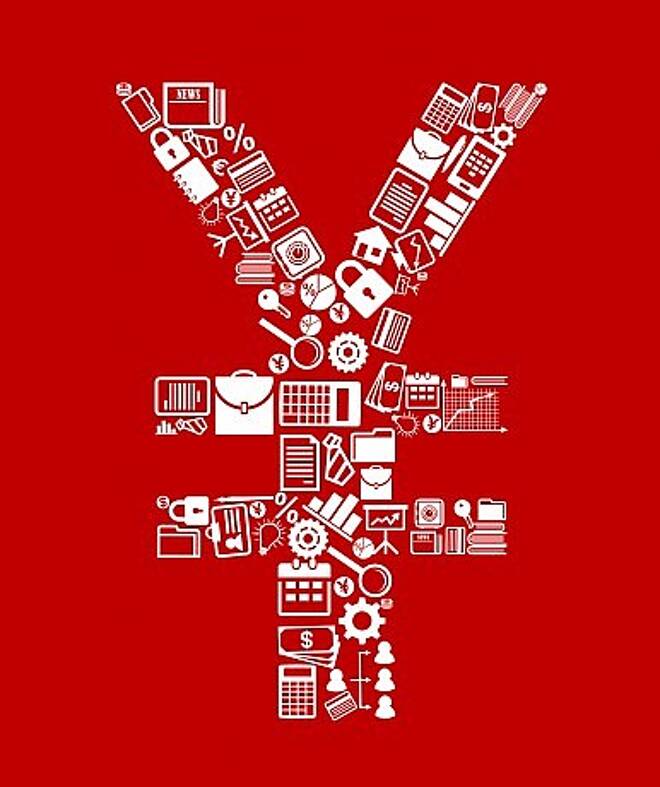Advertisement
Advertisement
Japanese Economy Dying A Slow Death Data Shows
By:
As the Asian session opened on Friday morning, Japan released its monthly data drop. The reports today including retail sales, industrial production and
As the Asian session opened on Friday morning, Japan released its monthly data drop. The reports today including retail sales, industrial production and consumer prices (inflation) sent chills up the spine of government officials. The Japanese economy is falling apart. It seems that Abenomics and the Bank of Japan have not accomplished anything in three years to turn the economy around. Speculators are eagerly waiting for today’s Bank of Japan decision which is expected to include an interest rate reduction deeper into negative rates along with a monetary stimulus plan. There are hopes that right after the conclusion of the Bank of Japan press conference, that Prime Minister Abe will introduce an aggressive fiscal stimulus plan giving the economy a double whammy of “helicopter money”
Reports this morning showed that prices fell at the fastest pace since 2013 in June, while consumption was weaker than expected despite the best jobs market in decades, a trend that economists say is likely to bring central bank action as early as Friday.
Consumer prices for items excluding fresh food fell 0.5% in June from a year earlier, the fourth consecutive month of declines, the government said Friday. That was larger than a 0.4% decline forecast by economists.
The result leaves inflation even further below the Bank of Japan’s 2% target. Below-target price growth is a headache for many of the world’s central banks, from Europe to Australia. Industrial production marked time in April-June, according to government data released Friday, following a weak first quarter that saw global market turbulence and a natural disaster earlier in the year. Output of a range of goods from steel and cars to clothes and semiconductors was unchanged from the previous three-month period, following a drop of 1.0% in January-March, the Ministry of Economy, Trade and Industry said.
Industrial output is closely monitored by economists seeking a timely insight into the direction of the economy. A consensus forecast indicates that gross domestic product for April-June, to be released Aug. 15, will likely show flat growth. For the month of June, output rose 1.9% from the previous month, compared with an increase of 0.7% expected by economists surveyed by The Wall Street Journal and the Nikkei. A ministry survey showed that output is likely to rise 2.4% in July, and increase 2.3% in August.
The third of the lackluster reports was retail sales. Retail sales fell 1.4% from a year before, data from the Ministry of Economy, Trade and Industry showed Friday. On month, retail sales increased 0.2%. Sales at large-scale retailers fell 1.5% on year, after adjustment for the change in the number of stores.
The Japanese yen actually climbed against the dollar ahead of today’s stimulus decision and is trading at 104.73 against the US dollar while against the euro the yen is trading at 116.06.
The US dollar is down just 14 points after a week trade balance report and a slight climb in jobless claims. The Fed statement on Wednesday has seen the dollar fall as the members were a bit more hawkish but did not indicate if there would a rate increase this year.
Elsewhere in Asia, the Aussie dollar climbed to 0.7526 paying little attention to weak inflation data and a dip in private sector credit. Traders are focused on stimulus from Japan as well as the weaker US dollar and the RBA rate decision next week. The kiwi is trading at 0.7113 adding 42 points on Friday morning after a better than expected building consent release and a solid Business confidence report. The commodity currencies are benefiting from the expectation of helicopter money from Japan and late in August from the Bank of England and the ECB. The pound is trading this morning at 1.3185 and the euro at 1.1083
About the Author
Barry Normanauthor
Advertisement
